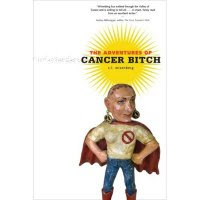
Australian firefighters who experienced trauma were more likely to have PTSD if they couldn't recall the events specifically.
That is what the New York Times is telling us.
The Times reports: “People with P.T.S.D. tend to ruminate at a very categorical, general level about how unsafe life is, or how weak I am, or how guilty I am,” said the lead author [of the firefighter study], Richard Bryant. “If I do that habitually and then I walk into a trauma, probably I’m going to be resorting to that way of thinking and it’s going to set me up for developing P.T.S.D.”
Overgeneral memory can protect people from traumatic memories and such people have it easier than those who think back to the trauma specifically--in the short term.
Without detailed memories to draw upon, dispelling a black mood can seem impossible. Patients may remember once having felt happy, but cannot recall specific things that contributed to their happiness, like visiting friends or a favorite restaurant, according to the Times.
“If you’re unhappy and you want to be happy, it’s helpful to have memories that you can navigate through to come up with specific solutions,” Dr. Williams said. “It’s like a safety net.”
Mindfulness meditation can help people accept their negative memories and not ignore them, according to Dr. Williams. “I always tried to forget the past, the very bad past that made me depressed when my husband died,” said Carol Cattley, 76, who attended a mindfulness course here [Oxford, England] taught by Dr. Williams. “I’m much more interested in it now.”
[Image: Meditation by Alphonse Mucha]








